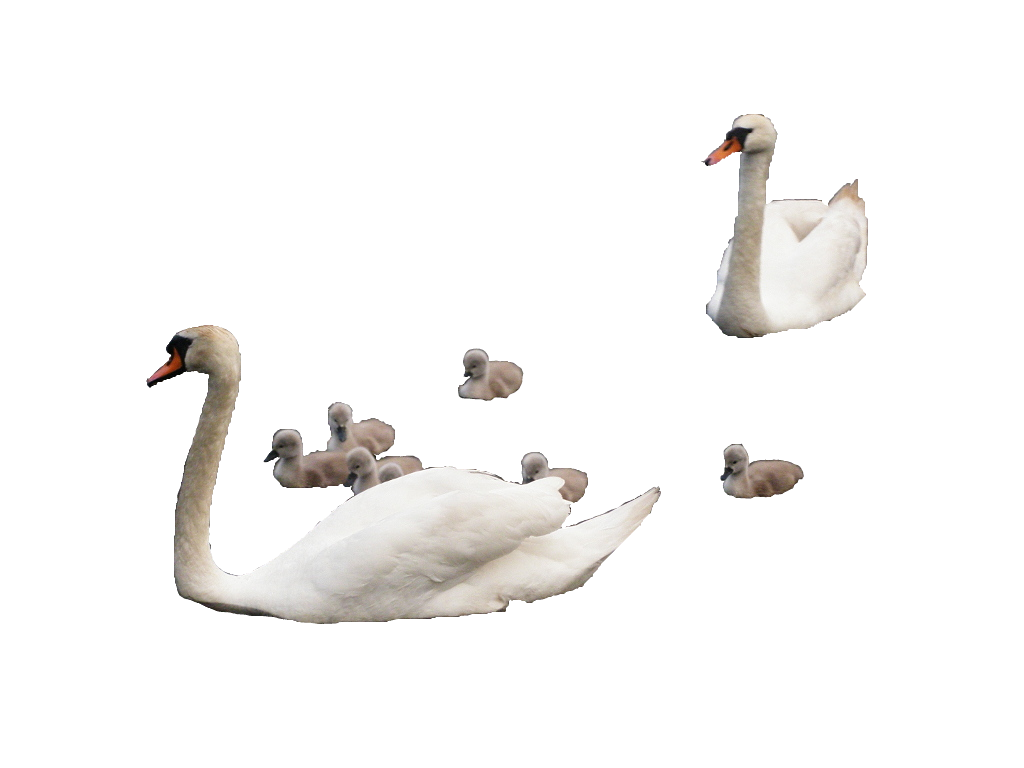The UN / government has the ultimate responsibility to provide everyone with accomodation and offer the opportunity to hire-purchase a house on size from the age of 18.

You are here
Vision summary
Live-able
1.2. Architectural affairs
Homes shall be built as two-under-one-roof or freestanding as many as possible, are self-sufficient in energy and sound insulating and classified as creative and businesslike training centres.
1.3. Spatial planning
The space is rearranged in hill-shaped residential villages and shopping centres surrounded and separated by a green ring- and main traffic roads to agriculture and natural areas that forms the bridge to other residential areas.
1.4. Traffic & transport
The road network will be a natural and fast connection for self-clean-energy-producing [public] types of transport.
Life-lessons
2.1. Identity & operating system
Every human being has the right to be a self-chosen identity in society. An identity that, as an operating system, governs itself intrinsically and extrinsically disseminate that, provided on a fair, themselves and others not damaging way, attuned to others.
2.2. Personal development
Everyone, from young to old, gets the opportunity to discover and develop, whatever he or she wants, can does and who he or she is or wants to be, on the condtion of not damaging themselves and others.
2.3. Research & education
Everyone gets locally and inter-urban, from young to old, the opportunity to do research and to develop creative and business projects in their own way and at their own pace.
2.4. Human interaction
Mental autonomy means intrinsically continuous weigh and choose what you want, can, do and who you are and want to be and how you that – regardless of how others react – on yourself and others not damaging way, communicate, negotiate, attune and co-operate with others.
Life-maintenance
3.1. Work & care
Everyone is, according to his ability, both responsible for themselves and, proportionately, co-responsible for caring for a themselves and others not damaging world-society.
3.2. Nature & living environment
Humanity take all obstacles for a long-lasting living away and structures the earth that way that physical, mental and creative collisions are preventable.
3.3. Economic affairs
There will be a socio-economic transformation of the world-order taken place so that every world citizen is assured of a fair unfolding basic-life. Including the right to a basic income, basic education and basic health care.
3.4. Art & culture
Art and culture will be a just as important time-factor as work and care. Therefore – on the condition of not damaging themselves and others – everyone becomes two days a week the oppportunity to transform choices, knowledge and skills, in a self chosen way, into artistic creations and cultural events.
Life-principles
4.1. Basic rights & basic rules
Justice is the foundation of society and becomes visible in the basic rights: right of choice, self-determination rights, participation rights and speaking rights, together founded as identity right. The regulations can be more sober as the intrinsic integrity in the world increases extrinsically.
4.2. Governance & Participation
The world will – in a democratic way – where necessary centralistically be organised [UN level] and, where possible, on a international, national and local level decentralistically elaborated.
4.3. Judiciary
Based on the basic rights right of choice, self-determination, participation rights, the right to speak, identity rights, group rights, information right and protection right, the judiciary ensures that a themselves and others not damaging society will be created and maintained.
4.4. Legal tasks
As well the judiciary, as individuals, groups and cultures are all responsible for abiding by and accepting the consequences of a themselves and others not damaging society.

